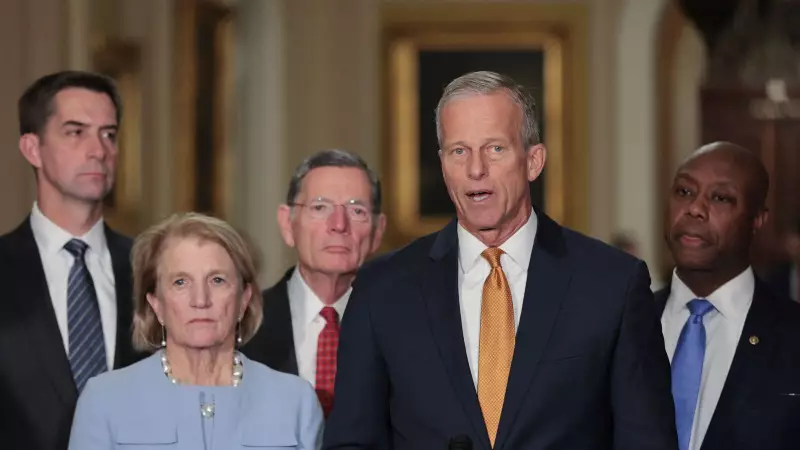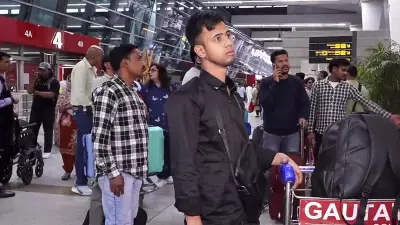
The political stalemate in Washington DC has reached a critical juncture as the United States government shutdown crisis continues to escalate. In a dramatic turn of events, the Senate has failed to pass funding legislation for the thirteenth consecutive time, while simultaneously, 25 states have launched legal battles against the Trump administration's proposed cuts to essential food assistance programs.
Senate Deadlock Reaches Breaking Point
The legislative impasse shows no signs of resolution as lawmakers remain deeply divided over government funding priorities. The repeated failure to secure sufficient votes highlights the growing political polarization that has gripped the nation's capital. This marks one of the longest periods of governmental paralysis in recent US history, with critical services and federal operations hanging in the balance.
Massive Legal Challenge Over Food Security
In an unprecedented coordinated effort, attorneys general from 25 states have filed lawsuits challenging the Trump administration's proposed changes to the Supplemental Nutrition Assistance Program (SNAP), commonly known as food stamps. The legal action aims to prevent what critics describe as "devastating cuts" to a program that serves as a lifeline for millions of vulnerable Americans.
What's at Stake for American Families
The proposed SNAP changes could potentially:
- Remove nearly 700,000 Americans from food assistance programs
- Reduce benefits for millions of low-income households
- Create additional barriers for unemployed individuals seeking assistance
- Impact children, elderly, and disabled beneficiaries disproportionately
Double Crisis: Governance and Basic Needs
The simultaneous unfolding of these two crises—governmental dysfunction and threatened social safety nets—creates a perfect storm of uncertainty for American citizens. While federal workers face unpaid furloughs and government services deteriorate, the most economically vulnerable populations now confront the additional threat of reduced access to basic nutritional support.
Legal experts suggest that the multi-state lawsuit represents one of the most significant legal challenges to the administration's social welfare policies to date. The coordinated action across state lines demonstrates the depth of concern about the potential humanitarian impact of the proposed SNAP modifications.
Political Implications and Public Response
As the shutdown extends into its third week, public frustration continues to mount. The combination of governmental paralysis and threatened benefit cuts has sparked protests nationwide and drawn criticism from advocacy groups across the political spectrum. Many analysts predict that the resolution of both issues will have significant consequences for upcoming elections and the broader political landscape.
The coming days will prove crucial as both legislative negotiations and legal proceedings advance simultaneously, with millions of Americans watching anxiously as their government's stability and their food security hang in the balance.






